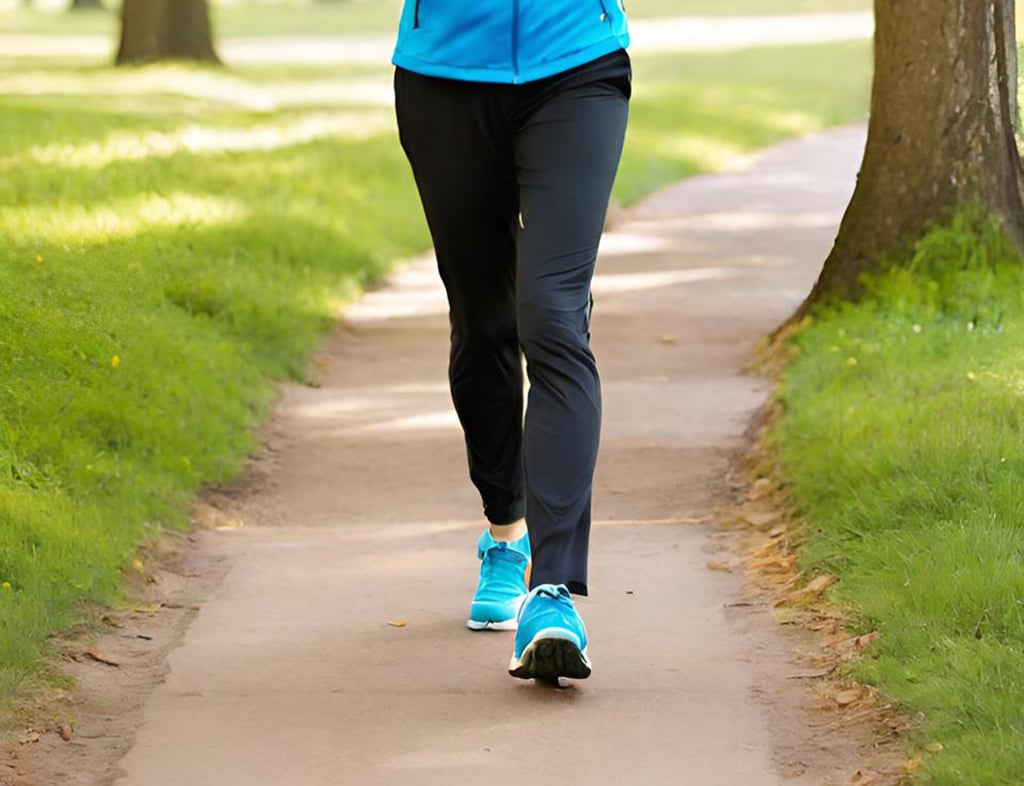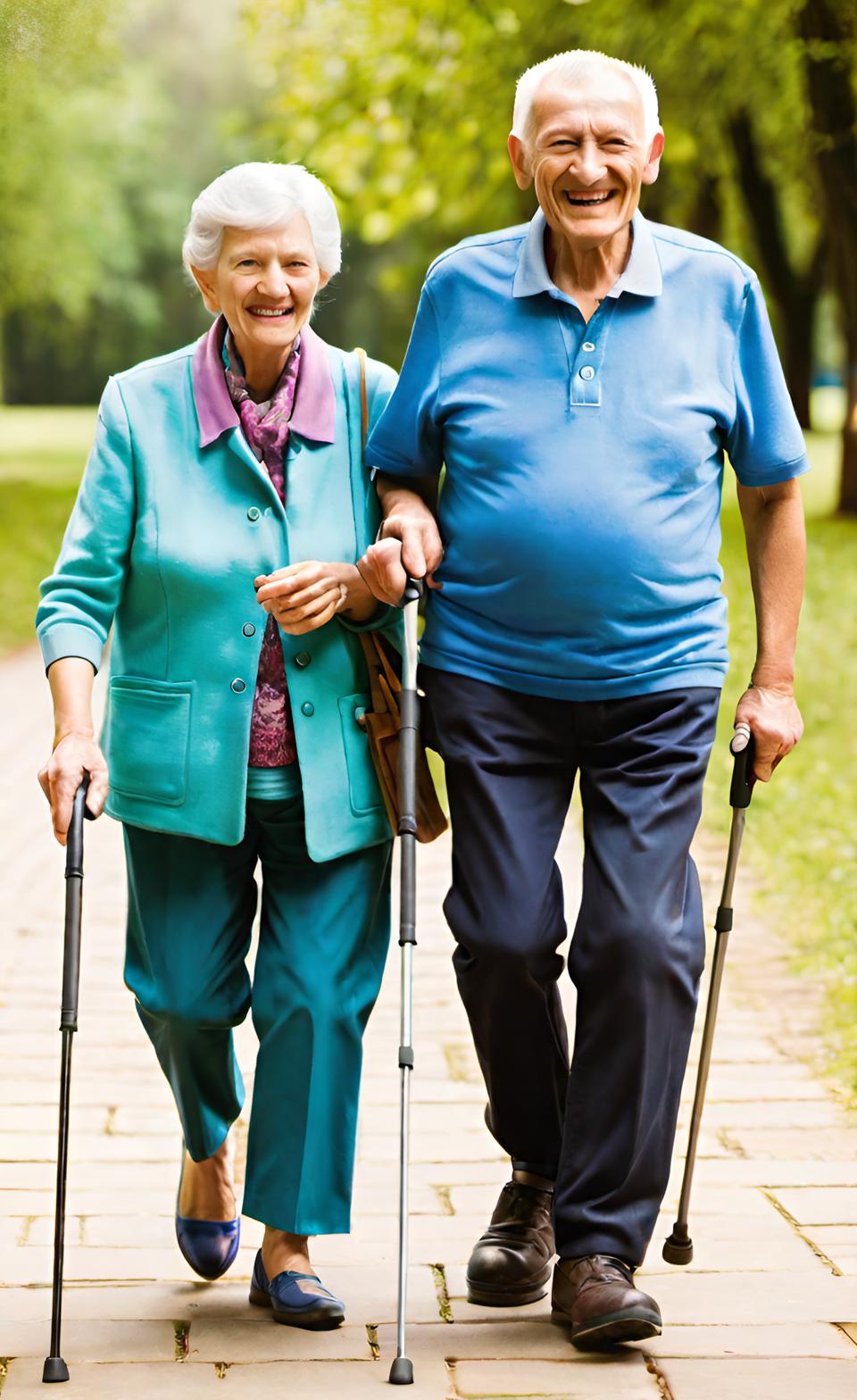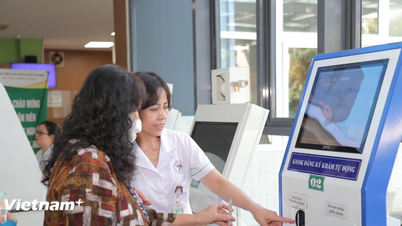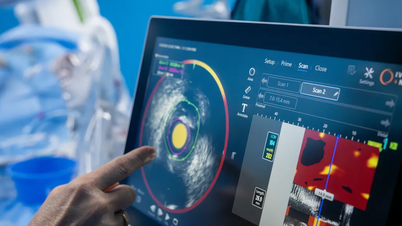According to research, walking helps strengthen muscle function, reducing the risk of dangerous diseases such as type 2 diabetes, cancer and cardiovascular disease, according to the health website Verywell Health .
You don't need to run fast, just walk at an average speed of about 4.8 km/hour to get these benefits.

Walking helps strengthen muscle function, reducing the risk of many diseases.
According to research in the British Journal of Sports Medicine , people who walk 111 minutes at this pace every day can extend their life expectancy by nearly 11 years.
Panteleimon Ekkekakis, a professor of physical psychology at Michigan State University (USA), said walking is a simple, easy-to-do choice that puts little pressure on the body. Most people feel comfortable with this activity.
Instructions for walking properly
According to recommendations, adults should do at least 150 minutes of moderate physical activity per week, including strength training exercises.
However, many people have difficulty implementing these recommendations because they feel overwhelmed, expensive, or lack time.
Thomas W. Buford, professor of Medicine at the University of Alabama at Birmingham (USA), said that brisk walking is a very effective and easy form of moderate exercise. You do not need special equipment or complicated skills.
Walking at 3 miles per hour increases your heart rate and improves your cardiovascular health. However, this speed can be adjusted depending on your physical condition.
If you are just starting out, start at a comfortable pace and gradually increase your speed over time. On the other hand, if you feel comfortable at 3 miles per hour, you can walk faster. Walking regularly, whether fast or slow, has health benefits.

Slow walking speed is a warning sign of fall risk in older adults.
Walking speed in older adults
Walking speed can help diagnose certain medical conditions. Tracking walking speed can also assess mobility, risk of cognitive decline, and aging.
Slow walking speed is a warning sign of fall risk in older adults. Specifically, people with a walking speed of less than 3.5 km/h have a higher risk of falling.
The cause is due to the nervous system not being able to coordinate walking movements smoothly or due to weak muscles not being strong enough to walk fast.
Therefore, monitoring walking speed in the elderly is very important. It not only helps to assess overall health but also predicts potential health risks for timely intervention.
Source: https://thanhnien.vn/di-bo-voi-toc-do-bao-nhieu-co-the-keo-dai-tuoi-tho-18524121717592426.htm






![[Photo] Prime Minister Pham Minh Chinh chairs meeting to deploy overcoming consequences of storm No. 10](https://vphoto.vietnam.vn/thumb/1200x675/vietnam/resource/IMAGE/2025/10/3/544f420dcc844463898fcbef46247d16)
![[Photo] Students of Binh Minh Primary School enjoy the full moon festival, receiving the joys of childhood](https://vphoto.vietnam.vn/thumb/1200x675/vietnam/resource/IMAGE/2025/10/3/8cf8abef22fe4471be400a818912cb85)































































































Comment (0)